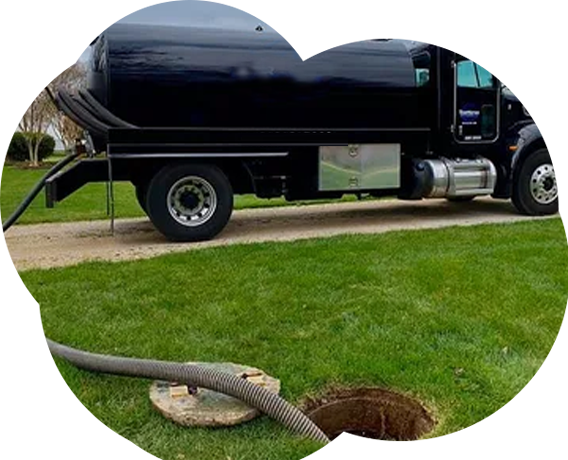






No matter where you’re located, your restaurant likely faces regulations that dictate how kitchen grease is handled. This is for good reason. Left unchecked, fats, oils, and grease (FOG) that enter sewage systems can block pipes or cause other serious issues.
Grease traps protect local waterways by significantly reducing the amount of FOG that enters water treatment systems. Additionally, they’re frequently required by law. SeQuential’s expert grease trap services keep your traps in peak condition to focus on your business without worrying about regulatory problems.
What is a grease trap and why does it need to be cleaned? Kitchen sinks, dishwashers, disposals or any floor drain that would funnel FOG into the wastewater stream need to filter through a Grease Trap. The grease and oils float
What Is Grease Trap Pumping? A grease trap intercepts grease and oil from wastewater in kitchens before that water flows through to the sewer lines. This works because grease and oil aren’t as dense as water, so these
Why Does My Grease Trap Need Maintenance? As fats, oils, and grease (FOG) accumulate in your grease trap, they begin to decompose. The result is a rancid odor that could be noticeable to your customers
EGTS has been a leading provider of grease trap maintenance and cleaning services for the food service industry. Our professionals will regularly inspect your grease traps and ensure they are working
Used oil is exactly what its name implies: any petroleum-based or synthetic oil that has been used. Oil keeps our cars, lawnmowers, and many other machines running smoothly.
The storage and disposal of used oil filters can be a real challenge. Many facilities still utilize unsightly 55-gallon drums that are prone to leakage and overflow while taking up valuable floor space.
EGTS incorporates the used oil collection and recycling service, along with allied workshop services (parts washers, oily rags, filters and coolants etc.) and management of other hydrocarbon wastes